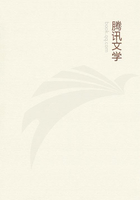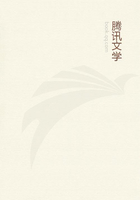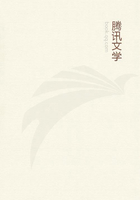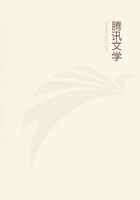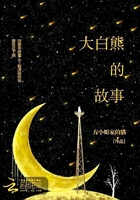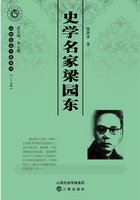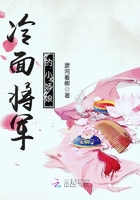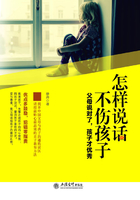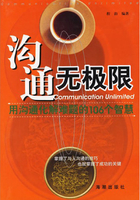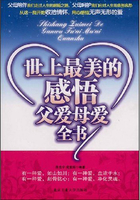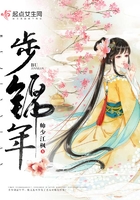The queen knew and felt this, and this knowledge lay like a mourning veil over her whole thought and being, filling her at times with a moody resignation, and at times with a swiftly-kindling and wrathful pain.
"I am content that we be the victims," cried she, wringing her hands, "but I cannot bear to think that my children too are to be punished for what they have not committed."
This thought of her children was the pillar which always raised the queen up again, when the torture of her daily life cast her to the ground. She would, she must live for her children. She must, so long as a breath remained in her, devote all her powers to retain for her son the dauphin at least the crown beneath whose burden his father sank. She wanted nothing more for herself, all for her son alone.
There were still true friends who wanted to save the queen. Secret tidings came to her that all was ready for her escape. It was against her that the popular rage was chiefly directed, and her life was even threatened. Twice had the attempt been made to kill the queen, and the most violent denunciations of the populace were directed against her. It was therefore the queen whom her friends wanted most to save. Every thing was prepared for the flight, true and devoted friends were waiting for her, ready to conduct her to the boundaries of France, where she should meet deputies sent by her nephew, the Emperor Francis. The plan was laid with the greatest care; nothing but the consent of the queen was needed to bring it to completion, and save her from certain destruction. But Marie Antoinette withheld her acquiescence. "It is of no consequence about my life," she said. "I know that I must die, and I am prepared for it. If the king and my children cannot escape with me, I remain; for my place is at the side of my husband and my children."
At last the king himself, inspired by the courage and energy of his wife, ventured to oppose the decisions and decrees of the all-powerful Assembly. It had put forth two new decrees. It had resolved upon the deportation of all priests beyond the limits of France, and also upon the establishment of a camp of twenty thousand men on the Rhine frontier. With the latter there had been coupled a warning, threatening with death all who should spend any time abroad, and engage in any armed movement against their own country.
To both these decrees Louis refused his sanction; both he vetoed on the 20th of June, 1792.
The populace, which thronged the doors of the National Assembly in immense masses, among whom the emissaries of revolution had been very active, received the news of the king's veto with a howl of rage. The storm-birds of revolution flew through the streets, and shouted into all the windows: "The country is in danger! The king has been making alliances abroad. The Austrian woman wants to summon the armies of her own land against France, and therefore the king has vetoed the decree which punishes the betrayers of their country.
A curse on M. Veto! Down with Madame Veto! That is the cry to-day for the revolutionary party. A curse on M. Veto! Down with Madame Veto!"
The watch-cry rolled like a peal of thunder through all the streets and into all the houses; and, while within their closed doors, and in the stillness of their own homes, the well-disposed praised the king for having the courage to protect the priests and the emigres, the evil-disposed bellowed out their curses through all the streets, and called upon the rabble to avenge themselves upon Monsieur and Madame Veto.
Nobody prevented this. The National Assembly let every thing go quietly on, and waited with perfect indifference to see what the righteous anger of the people should resolve to do.
Immense masses of howling, shrieking people rolled up, on the afternoon of the 20th of June, to the Tuileries, where no arrangements had been made for defence, the main entrances not even being protected that day by the National Guard.
The king gave orders, therefore, that the great doors should be opened, and the people allowed to pass in unhindered.
In a quarter of an hour all the staircases, corridors, and halls were filled by a howling, roaring crowd; the room of the king alone was locked, and in this apartment were the royal family and a few faithful friends--the king, bland and calm as ever; the queen, pale, firm, uncomplaining; Madame Elizabeth, with folded hands, praying; the two children drawing closely together, softly weeping, and yet suppressing their sobs, because the queen had, in a whisper, commanded them to keep still.
A little company of faithful servants filled the background of the room, and listened with suspended breath to the axe-strokes with which the savage crowd broke down the doors, and heard the approaching cries of the multitude.
At last a division of the National Guard reached the palace, too late to drive the people out, but perhaps in season to protect the royal family. The door of the royal apartment was opened to the second officer of the National Guard, M. Acloque. He burst in, and kneeling before the king, conjured him, with tears in his eyes, to show himself to the people, and by his presence to calm the savage multitude.
By this time the two children were no longer able to control their feelings and suppress their fear. The dauphin burst into tears and loud cries; he clung affrighted to the dress of his mother; he implored her with the most moving tones to take him away, and go with him to his room. Marie Antoinette stooped down to the poor little fellow, and pressed him and Theresa, who was weeping calmly, to her heart, whispering a few quieting words into their ears.

